The Daily Agenda: The right work in the right hands
A new report praises Tucson for its work to create a non-police 911 response system... But there’s still room for improvement … Unhinged politics abound.
One of Mayor Regina Romero’s priorities since taking office has been to create a robust and effective emergency response system that involves more than just police.
This means social workers, peer navigators and other behavioral and mental health experts who are trained to help people in crisis.
National and local data supports this type of system. A lot of 911 calls don’t actually require a police response, but rather a trained professional who can provide support and guidance.
For the past four years, city leaders have put time, money and resources into this alternative response system, which includes a dedicated department and multi-agency efforts to provide a non-police response in situations involving social service needs.
The work being done in Tucson has caught the attention of national experts at the NYU Policing Project who say in a new report that these innovations show “merit and promise.”
But creating a system change is a monumental task, and while Tucson has come a long way in a short time, the report’s authors point out that there’s still plenty of work to be done.
Before we get into all that, let’s take a look back at some of these recent efforts.
In 2020, the city created the Community Safety, Health and Wellness program as a pilot program that would provide a civilian response to non-emergency 911 calls and to streamline community efforts to help people with mental health or substance use issues, or who are living in extreme poverty. The idea, the program’s website says, is to meet people’s needs “with the right work in the right hands.”
The program has since grown into a 12-person team and serves as an umbrella to help coordinate the city’s four specialty teams, which include Housing First; the police department’s Mental Health Support Team and Community Outreach and Resource Engagement Units; and the fire department’s Tucson Collaborative Community Care team.
In addition to the program, plenty of other changes to the city’s emergency response system have been made, including:
Embedding clinicians in its 911 communications center
Creating a system that allows operators to transfer callers who are experiencing a behavioral health crisis to an appropriate nonprofit provider.
The creation of a real-time alternative response team made up of medical staff and specialists who respond to calls that involve people in public areas who might be experiencing medical issues related to homelessness.
The launch of a 311 program that connects residents to non-emergency services, including transportation issues, problems with parks and city services, code violations and even social service type needs.
The NYU School of Law’s Policing Project praises the city’s public safety innovations in its newly released report, but the authors are also quick to point out the flaws and gaps they say should be addressed.
The challenge in Tucson, the report says, is to help “take its patchwork of services and connect them into a coordinated response so that people in crisis don’t fall through the cracks.”
And while Tucson’s non-police response options are a big step towards making sure that people receive the help they need, the report pointed out some significant issues, including limited operating hours for these programs and teams and a lack of capacity.
Another problem, and maybe the biggest, is that many of the people interviewed for the report were not “well aware” of these efforts or the existence of the programs themselves.
Researchers focused their interviews on members of the public who said they were reluctant to call 911 during an emergency because they didn’t trust police, largely due to a fear of unnecessary legal consequences, physical harm (especially for people of color) and the involvement of immigration authorities.
One of the purposes of the city’s Community Safety, Health and Wellness program is to advance racial equity, as people of color have been historically overrepresented in the criminal justice system.
So, if those very community members don’t know about these non-police responses that were designed with them in mind, that’s a pretty big issue.
And even though many people don’t know about the current non-police emergency options, the capacity is still insufficient to meet the need, the report says, noting that a significant amount of police resources are still being used to respond to issues that don’t need an armed response.
In 2021, nearly 15% of all 911 calls that TPD responded to involved trespassing, suspicious individuals, welfare checks, mental health issues, disturbances, disputes and fights, according to the report.
For an understaffed department, that 15% represents a lot of time that could have been spent helping people with more serious public safety needs.
Luckily, there’s already work underway to address some of the report’s suggestions.
The Community Safety, Health and Wellness Program is in the process of expanding its Care Coordinator program, which supports people who are struggling to have their behavioral health needs fully met. Coordinators offer case management and advocacy support to people and their families as they navigate emergency psychological evaluations or court-ordered treatment.
It’s unclear what other plans are in the works, but the report’s authors offer plenty of suggestions and stress that any future alternative response and reform efforts should involve the people who didn’t know about or were skeptical of the work already being done.
“With growing awareness … comes opportunity – the opportunity to reimagine public safety systems, so that they better serve the needs of our diverse communities,” the report said.
Golden parachute: The University of Arizona will pay former Athletics Director Dave Heeke $1 million over the next year, even though he was fired this week, the Arizona Daily Star’s Ellie Wolfe reports. The payments will fulfill the UA’s contractual obligations, which also include “additional incentive compensation” beyond the salary.
Politics won: The longstanding partnership between Heeke and UA President Robert C. Robbins was put to the test over the UA’s financial crisis. Amid the political turmoil, Robbins chose to make Heeke the fall guy, Star columnist Greg Hansen writes.
“Robbins has shown that he is no longer willing to stand by Heeke and act against a coalition of campus leaders lest it compromise his own political support. By firing Heeke, he has taken the road of least resistance. It might buy him time, or even save his job. What a guy, huh?” Hansen wrote.
Green light for bus system: The Tucson City Council decided to move ahead with the new bus rapid transit system at their meeting Tuesday, the Arizona Republic’s Sarah Lapidus reports. The route they approved on Tuesday will run along a five-mile stretch of Stone Avenue. City officials said they chose Stone over the alternative, Oracle Road, after months of public outreach. Ultimately, the route will run from Tucson Mall to the Tucson International Airport. The Stone Avenue section is expected to cost $140 million by the time it’s completed in 2028.
Looking for a fight: The Tucson Sentinel’s Paul Ingram gives the backstory to the recent sentencing of two Tucson siblings, Cory and Felicia Konold, to federal prison for their involvement in the Jan. 6 riot at the U.S. Capitol. As part of the court proceedings, Felicia turned over her journal to prosecutors, which shed light on her mindset.
“She also explained her reasoning for the attack in a journal entry, writing that she understood ‘what the deep state is trying to do to humanity. And i truly do feel like it is my life mission to stop them.... I do not want to leave my son or my brother its tearing my heart, but i must protect the future.... This is what my life purpose is, to make sure good TRUMPS Evil.(sic)’” Ingram quoted from court documents.
More political violence: A Tucson man was sentenced to a year of probation and anger management classes for threatening Mark Finchem, a former state legislator from Oro Valley and Arizona Secretary of State candidate. The Pima County Attorney’s Office said in a news release that Ronald Keith Halverson called Finchem’s office in July 2022 and threatened to “walk up behind Finchem and cut his throat at a supermarket.”
More political battles: A bill from state Sen. Justine Wadsack, a Tucson-area Republican, cleared a hurdle this week, KJZZ’s Camryn Sanchez reports. Her bill would make elections for school district governing boards partisan and require primary elections. Critics of the bill worried it would turn governing boards into “partisan battlegrounds,” but Wadsack seemed to think that was a good idea.
“‘We should have partisan, maybe, partisan judges, maybe we should do partisan everybody, because right now the world is split, I think, and you have people that want to live their lives by one ideology and others that want to live by another, and they get to choose,’ Wadsack said.”
The University of Arizona and Arizona Board of Regents have started to fill Caitlin’s records requests, so stay tuned next week for some news about what we’ve uncovered.
We still have several outstanding and a few more to file, but we aren’t limiting our requests to higher education.
One of our favorite things about covering government entities is we can ask for records for just about everything they do and say. Most of their business is meant to be conducted in and available to the public.
So, what kinds of things do you want to know about Pima County, the City of Tucson or beyond? We can’t promise that we’ll be able to get or write about everything, but we want to hear your ideas and curiosities. Send Caitlin an email at caitlin@tucsonagenda.com.
We wish we could spend all day, every day digging into the issues, but we’re still trying to become sustainable and it takes time to apply for grants and find sponsors. But if all our subscribers who could afford a subscription decided to pay for one, we could go all-in on the news.




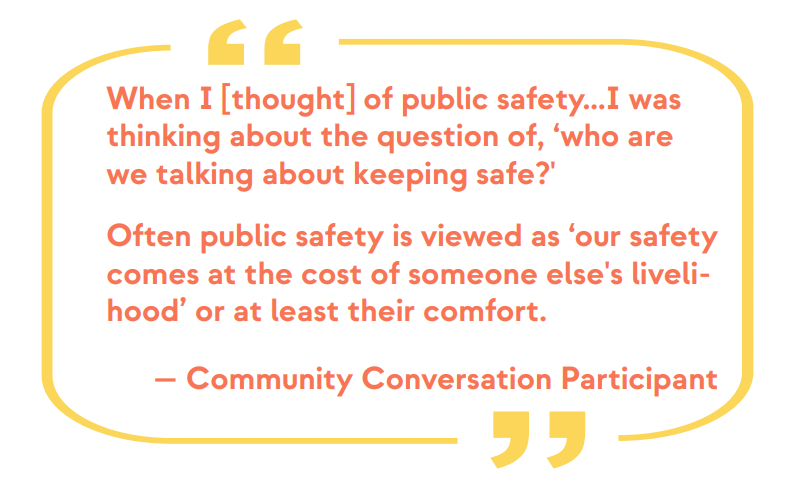
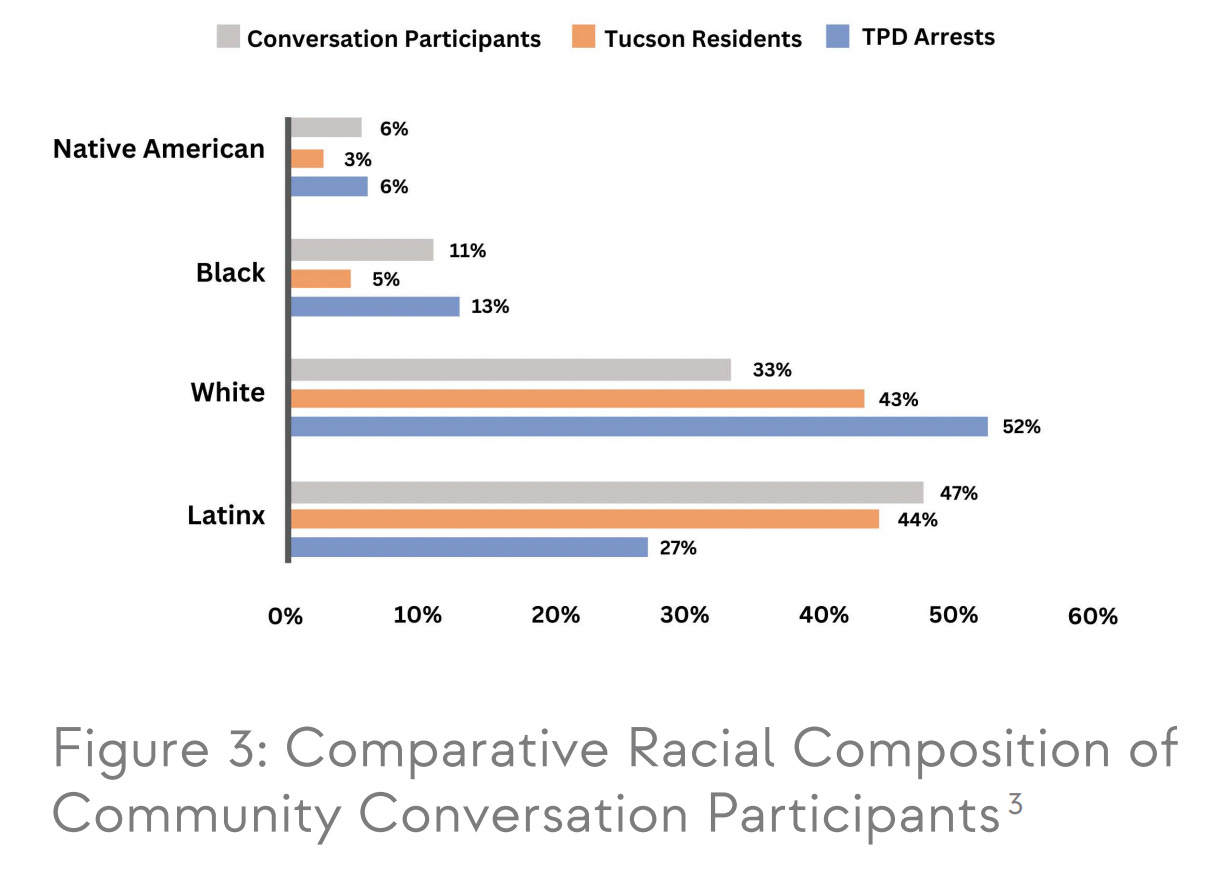
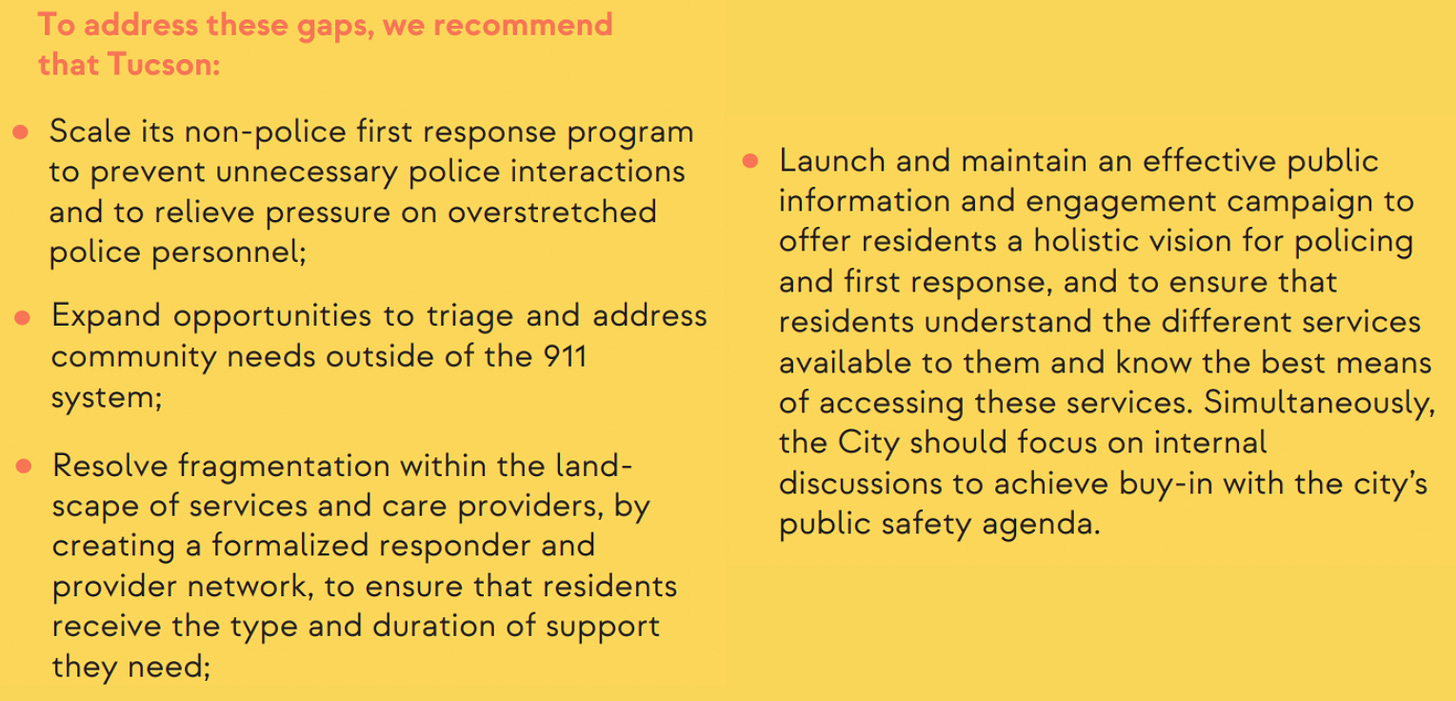

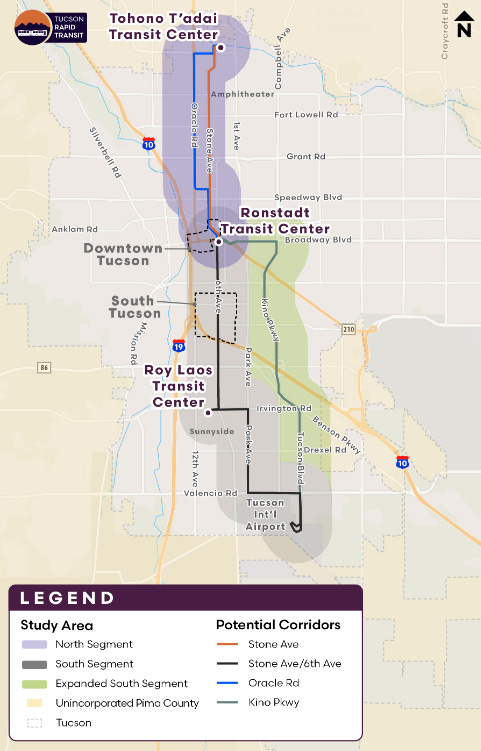
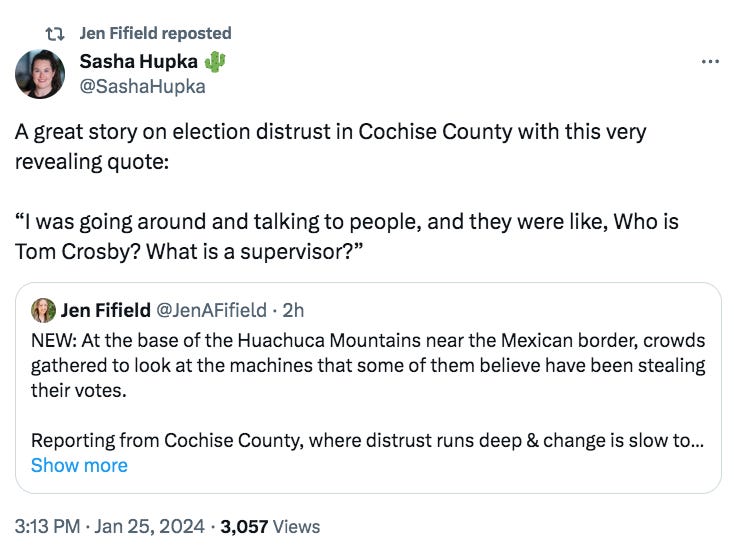

I am against anything J. Wadsack (sadsack) is in favor of. If she suggests adding water to instant potatoes, I am eating pinto beans.